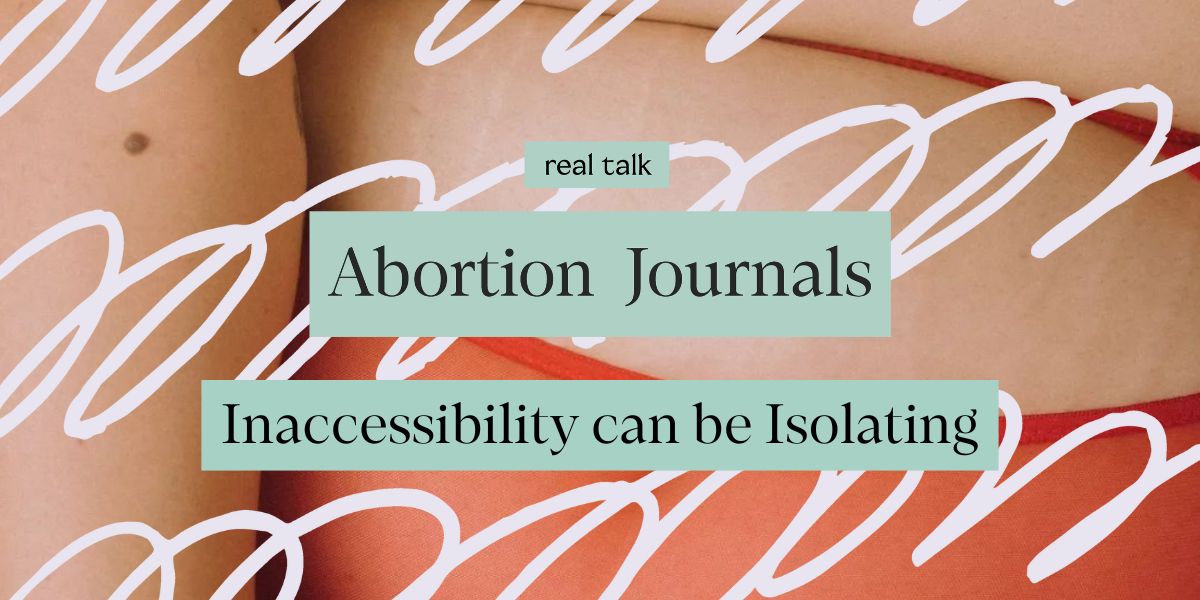Can taking prenatal vitamins help you get pregnant?

You’ve likely already heard a lot about prenatals, and that’s because taking a daily prenatal vitamin is important for a healthy pregnancy journey. So you know that they’re good for you—but why are these pills so important for pregnancy and what do they do, anyway? Could taking a prenatal vitamin improve your chances of getting pregnant? When should you start taking them?
Don’t worry, we’re here to help straighten out the details!
Will taking prenatal vitamins increase your chances of getting pregnant?
Sorry to break it to you but taking your prenatal vitamin won’t make you any more likely to get pregnant.
Prenatal vitamins will, however, make it significantly more likely that you experience a healthy pregnancy. So, we recommend that you add prenatals into your trying to conceive (TTC) journey, but don’t expect them to be magic fertility pills.
Taking a prenatal vitamin is also healthy for someone not looking to conceive. While it won’t support fertility, it will replenish folic acid, iron, vitamin D, and calcium stores in the body. This can help keep you strong and prevent potential health complications in an unexpected pregnancy. prenatal-multi-dha
When should you start taking prenatal vitamins?
It’s much earlier than you may think! The ideal time to start a prenatal vitamin is around 3 months before conception. Here’s why you should start taking prenatals before pregnancy:
- Your eggs develop 90 days before they are released, and healthy eggs are key to a healthy pregnancy. It’s important that your body has quality nutrients to pull from.
- The first few weeks of pregnancy are a really important time for fetal health and development. Taking folic acid and other prenatal vitamins can help reduce the risk of early pregnancy birth defects. Start taking folic acid at least 1 month before you start trying to get pregnant. Keep taking prenatal vitamins throughout your entire pregnancy.
- Pregnancy is taxing on the body’s nutritional stores. Give yourself a boost by taking a multivitamin to bridge any gaps. Starting a prenatal now will help you avoid any nutritional deficiencies during early pregnancy. You’ll also have time to try out a few brands to see what works for your body.
Benefits of taking a prenatal vitamin before pregnancy
A prenatal vitamin is an excellent investment for you and your future baby. Although many of us have well-rounded diets, most of us are also unable to absorb adequate amounts of essential vitamins needed to support a healthy pregnancy. Prenatal vitamins help ensure that we’re receiving essential vitamins during pregnancy.
Studies also show that taking a daily vitamin can lower your risk of giving birth prematurely and even stave off morning sickness. But that’s not all a prenatal can do before and during pregnancy.
Taking prenatal vitamins before conception can reduce the chance of irregularities such as neural tube defects, heart defects, limb deformities, and cleft palate, according to research published in the Journal of Obstetrics and Gynaecology Canada. Additionally, taking vitamins before TTC may reduce the risk of preterm birth. Researchers at the University of North Carolina, Chapel Hill found that taking vitamins before conception reduced the risk of preterm birth by about one half in a group of about 2,000 women.
After conception, folate supports the earliest, most critical stages of fetal development. The baby’s brain and spine develop within the first month of pregnancy, sometimes before you even know you’re pregnant. By the time you get that first positive test, you should already be regularly consuming folate.
Prenatals also support you during your pregnancy. While pregnant, you need about twice the amount of iron and a prenatal can ensure adequate iron stores.
Disadvantages of taking prenatal vitamins when not pregnant
So what could be the bad part of taking prenatal vitamins if you’re not pregnant or trying to conceive?
Prenatal vitamins are specific are formulated to make up the common nutritional deficiencies you experience during pregnancy and breastfeeding. But they aren’t reallyyy intended for or optimized if you’re not pregnant or breastfeedingFor example, taking too much folic acid each day can have the adverse side effect of masking a vitamin B-12 deficiency. Excess iron can be a problem and is associated with health problems like constipation, nausea, and diarrhea.
Also, quality is an important consideration when selecting a prenatal vitamins because the FDA is not required to review dietary supplements for safety and effectiveness before they are marketed to consumers. In 2015, the New York State Attorney General’s office investigated top-selling supplements at leading retailers like Target and Walgreens and found that four out of five of the products didn’t contain the ingredients listed on the label.
We recommended using Labdoor as a resource that offers you more insight into prenatal vitamin quality. After performing a chemical analysis of a supplement in an FDA-approved lab, Labdoor produces a quality score for the product. Also, we always recommend consulting your primary care provider when selecting a prenatal vitamin.pregnancy-prep-combo
What prenatal vitamins should I take before getting pregnant?
Prenatal vitamins are readily available over the counter at your local drugstore and a prescription is generally unnecessary. While there are many great prenatal brands available, they can differ in the types and amounts of nutrients it contains.
So when shopping for prenatal vitamins, we recommend you look for these four primary nutrients that are especially important during pregnancy
- Folic acid: 600 mcg
- Iron: 27 mg
- Calcium: 1,000 mg
- Vitamin D: 600 IU
***amounts are per day and recommended by the American College of Obstetricians and Gynecologists.
The following vitamins are also essential during pregnancy, and you may not get enough of them through diet alone. Having these in your prenatals are helpful too:
- Vitamin A: 770 mcg
- Vitamin C: 85 mg
- Vitamin B6: 1.9 mg
- Vitamin B12: 2.6 mcg
***amounts are per day and recommended by the American College of Obstetricians and Gynecologists.
Consider it a bonus if you find a prenatal vitamin that also contains omega-3 fatty acids. There’s strong evidence indicating that omega-3 fatty acids may play an important role in the development of your baby’s brain and nervous system.
If you have any questions about which prenatal vitamin is right for you, we always recommend consulting your primary care provider.
The takeaway
As you can see, there are many benefits of prenatal vitamins before and during pregnancy!
If you’re thinking seriously about becoming pregnant in the next few months or you’re already pregnant, taking a prenatal vitamin should be at the top of your to-do list.
Do you have more questions about prenatal vitamins? Ask them below in the comments section!
Keep Reading

Navigating birth control and sexual health in a larger body
Apr 23

In My Words: The power of shooting your shot
Apr 18

What's going on with the Arizona abortion ban from 1864?
Apr 11










